|
|
|
Editor's note
|
|
In South America alone there are estimated to be at least 50 Indigenous groups that remain isolated, with only intermittent interactions with the “outside” world. So what happens when they catch something like the flu, cold, or like three isolated rural communities in the Democratic Republic of the Congo, Ebola? It can be catastrophic. As Maxine Whittaker writes, there are some well-documented cases of the disproportionate effect of infectious diseases on isolated communities – too many in fact.
And in other Hold That Thought reads, we’ve pulled together the best of the past month’s Friday Essays. The Conversation’s Arts + Culture editor Suzy particularly recommends this piece on measuring remorse.
|
Molly Glassey
Newsletter Editor
|

|
|
Villages wiped out
|
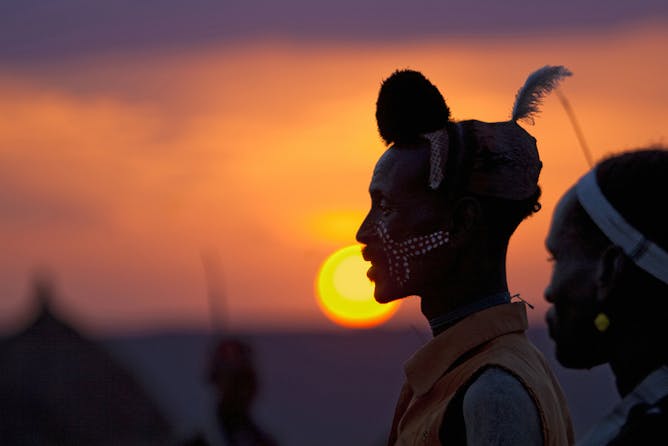
Isolated peoples’ immune systems haven’t learned how to evade bugs.
from www.shutterstock.com
Maxine Whittaker, James Cook University
"Sadly, as I write this piece, three isolated rural communities in the Democratic Republic of the Congo are being “invaded” by an infectious disease, Ebola. Such infectious disease disasters remain a major threat to many isolated communities around the world."
|
Life in a herd
|
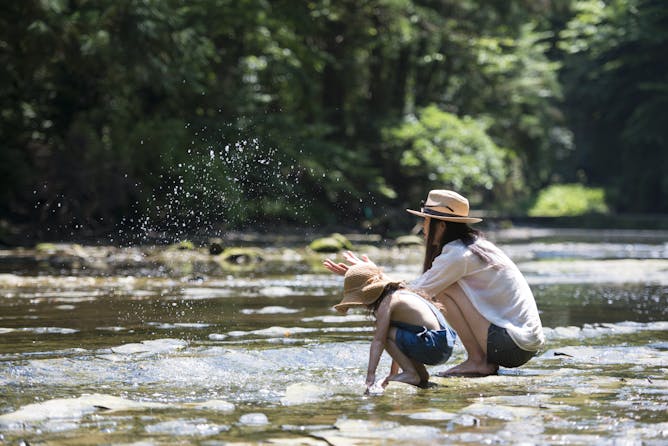
shutterstock.
Will J Grant, Australian National University; Rod Lamberts, Australian National University
"Everyone knows we should exercise more, drink less, and stop scoffing junk food. Even committed smokers know that smoking is bad for them – but change isn’t easy. The things that determine our health are complex and interwoven, and getting harder and harder to appreciate and communicate. But whose responsibility is it to do this? And how can we start the right conversations?"
|
Friday Essays
|
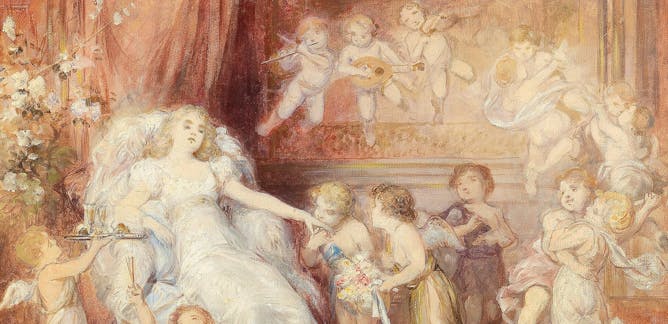
Philip Almond, The University of Queensland
Notions of heaven have changed through the ages, from an eternity centred on God to a more secular place where loved ones will reunite.
| |
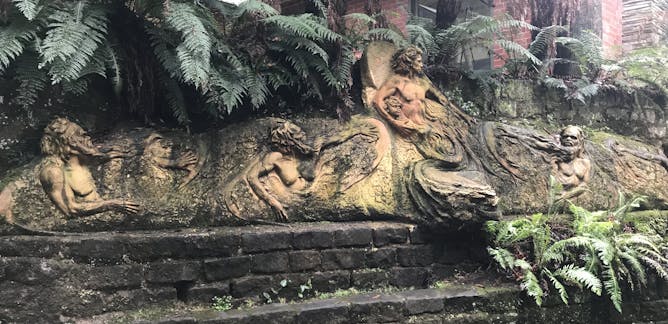
Mitchell Rolls, University of Tasmania
A mossy sanctuary in Victoria's Dandenong Ranges houses 92 sculptures, mostly of Arrernte and Pitjantjatjara men, women and children. They are steeped in primitivism, yet the park is a popular tourist attraction.
|
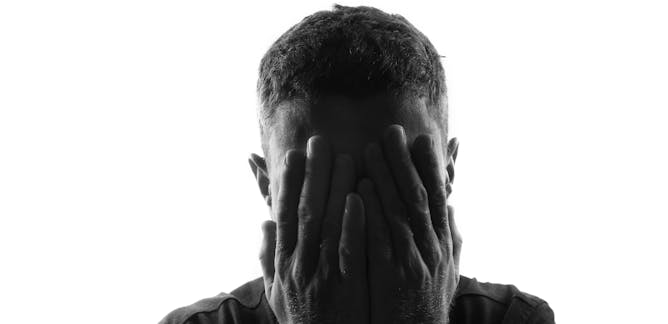
Kate Rossmanith, Macquarie University
In many legal jurisdictions of the world, including Australia, an offender’s remorse is a mitigating factor at sentencing. And yet how judges evaluate such expressions is unclear.
| |
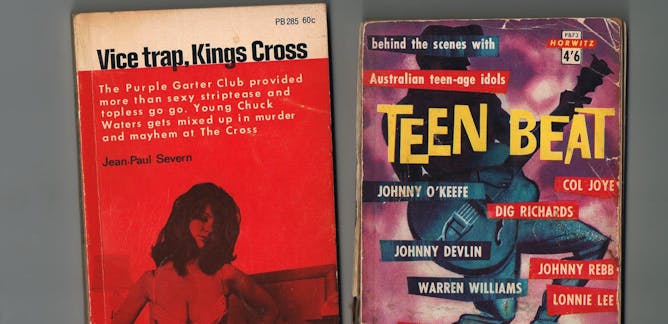
Peter Doyle, Macquarie University
Mid-20th century pulp fiction was trashy, tasteless, exploitative and lurid. There’s a lot there to love. You might read pulp as a cultural Freudian slip, loony bulletins from the collective Id.
|
|
|
The enforcement of forgetting
|
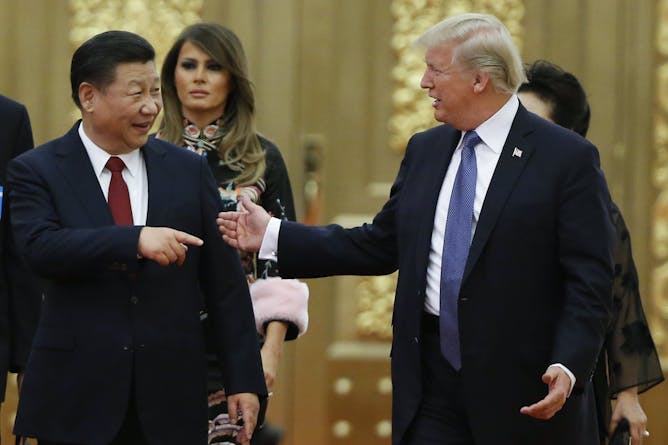
Even when Xi Jinping meets Donald Trump, China seeks to erase history that does not suit the Communist Party’s purpose.
Thomas Peter/EPA/AAP
Louisa Lim, University of Melbourne
"Buried at the end of the most important Chinese political speech in a decade, President Xi Jinping’s 66-page address to the 19th party congress in November 2017, was one short line: “The Chinese Dream is a dream about history, the present, and the future.” Tired after 71 ovations over three-and-a-half hours, the audience may have missed this sentence. Yet it illuminates how history underpins President Xi’s “Chinese Dream” of national rejuvenation."
|
Politics and the World Cup
|
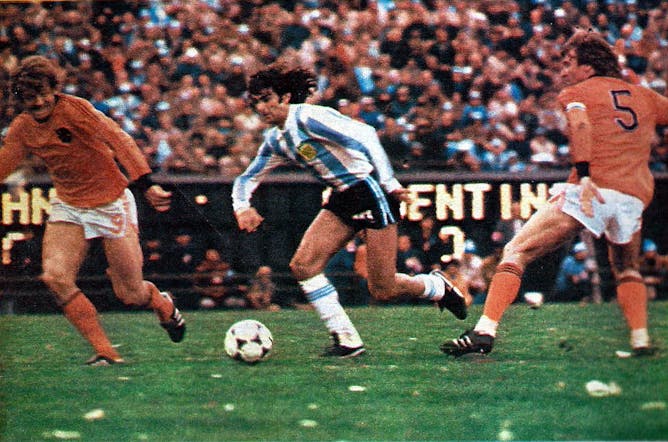
Argentine striker Mario Kempes controlling the ball during his team’s win against the Netherlands in the 1978 World Cup.
El Grafico
Roy Hay, Deakin University
"There is an old tradition in England that sport and politics do not mix. This carried over into FIFA when it was established in 1904, sought to take control of the Olympic football competition and then organised its own professional World Cup."
|
Guide to the Classics
|
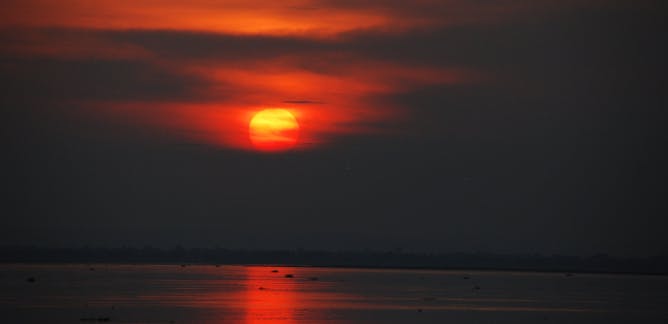
John Attridge, UNSW
In our ongoing Guide to the Classics series, we look at Heart of Darkness: the product of dark historical energies that continue to shape our contemporary world.
| |
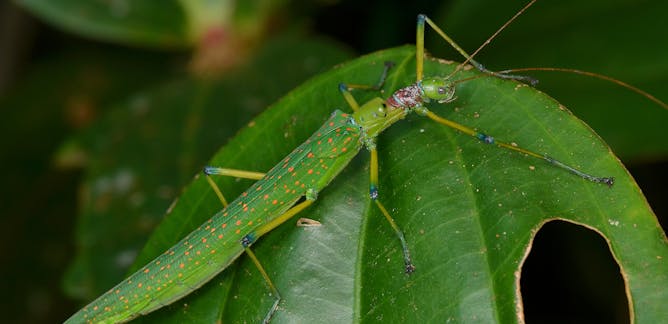
Julia Kindt, University of Sydney; Tanya Latty, University of Sydney
In this age of the pseudo-factual, its more important than ever to acquaint ourselves with the foundations of the scientific tradition, such as Darwin's Origin of Species.
|
|
|
| |
Featured jobs
|

|
UNSW Sydney — Sydney, New South Wales
|

|
The University of Newcastle — Callaghan, New South Wales
|

|
Swinburne University of Technology — Hawthorn, Victoria
|

|
Cancer Council Victoria — Melbourne, Victoria
|
|
|
|
| |
| |
| |

|
| |
| |
| |
Featured events
|
|
|
192 Wellington Parade, Melbourne, Victoria, 3002, Australia — Association for Sustainability in Business
|
|
|
14-20 Blackwood St , North Melbourne, Victoria, 3051, Australia — Victorian Responsible Gambling Foundation
|

|
55 North Terrace, Adelaide, South Australia, 5000, Australia — University of South Australia
|

|
Deakin Downtown, Level 12, Tower 2, Collins Square, 727 Collins Street,, Docklands, Victoria, 3008, Australia — Deakin University
|
|
|
|
| |
| |
| |
| |
| |
|
|
|
|
|
|
|